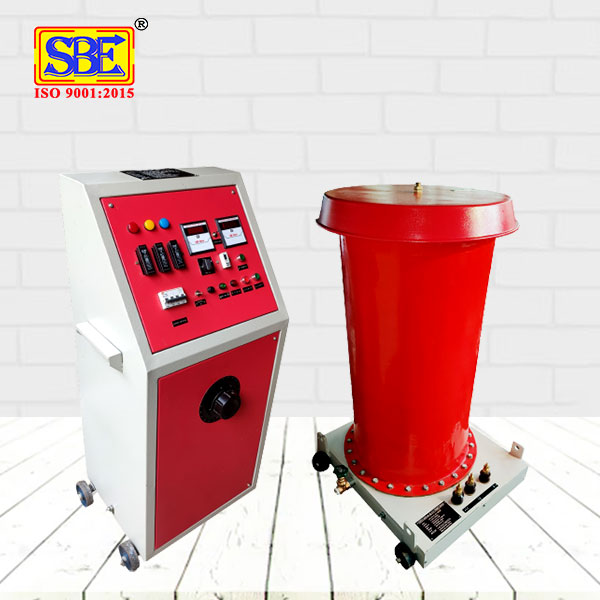BC Jindal Group Through the Decades: A Story of Vision and Leadership
From a small business in the 1950s to a global leader in packaging, steel, and energy, B.C. Jindal Group drives innovation, sustainability & community impact.
In India’s fast-growing industrial landscape, the BC Jindal Group has built a strong reputation over the years. What started as a small business has now grown into a well-diversified company with a presence across multiple industries. From packaging films to steel pipes and even renewable energy, the BC Jindal Group of Companies has steadily expanded while staying true to its core values of quality and innovation.
But what makes this journey truly remarkable? It’s the Group’s ability to adapt, innovate, and lead across decades. From revolutionising the packaging industry to making strides in renewable energy, the BC Jindal Group of Company has consistently pushed boundaries. So, let’s take a closer look at how the Group has evolved through the decades.
The Early Days: Laying the Foundation
Every big company has a starting point and for the BC Jindal Group, it was in the early 1950s. The Group's initial venture was Jindal (India) Limited, focusing on manufacturing pipes and pipe fittings. Over the years, the company expanded its product range to include sheets and aluminium foil, establishing a strong presence in the steel industry.
Soon, it became clear that the demand for high-quality packaging materials was growing. Seeing this opportunity, the company shifted its focus toward flexible packaging, which marked the beginning of its expansion into new industries.
Growth and Expansion: Diversifying into New Sectors
By the 1980s, the BC Jindal Group of Companies diversified into the textile sector by establishing Jindal Polyester Limited, marking its entry into polyester yarn manufacturing. This move showcased the group's ability to identify and capitalise on emerging market opportunities.
One of its key breakthroughs came in the 1990s and 2000s with the production of polyester and BOPP (biaxially oriented polypropylene) films, which became essential in the packaging of food, pharmaceuticals, and consumer goods. This innovation not only strengthened the company's market position but also set the stage for further expansion.
Continuing its expansion, the group acquired Rexor S.A.S in France in 2003, diversifying into BOPP and metallised films. By 2013, the Group had further solidified its position in the global market by acquiring the BOPP films business from ExxonMobil, including five plants across Europe and the USA, an R&D centre, and over 300 registered patents. These strategic moves not only broadened the group's product portfolio but also extended its global reach.
Stepping into the Power and Energy Sector
As the company grew, so did its vision. Recognising the increasing demand for sustainable energy solutions, the BC Jindal Group expanded into the power generation sector. In 2015, Jindal India Power Limited commenced operations of a 1,200 MW coal-based thermal power plant in Angul, Odisha.
Aligning with global sustainability trends, the Group made a strategic entry into the renewable energy sector. In 2024, the group announced plans to invest approximately $2.5 billion over the next five years through its entity, Jindal India Renewable Energy (JIRE).
With investments in renewable energy and thermal power plants, the BC Jindal Group of Company diversified its portfolio beyond manufacturing. This step further cemented its reputation as an industry leader willing to evolve with changing times.
Commitment to Sustainability and Innovation
In today’s world, industries are shifting towards more environmentally friendly solutions. The BC Jindal Group of Companies has also embraced this change by investing in green technologies and sustainable manufacturing practices. By continuously modernising their processes and incorporating new-age technologies, the company ensures that it remains relevant and competitive in a rapidly changing industrial landscape.
Beyond its industrial achievements, the BC Jindal Group is dedicated to social responsibility through the BC Jindal Foundation, established in 2016. The foundation's mission is to enhance community well-being through initiatives in nutrition support, animal welfare, skill development, healthcare, and support for orphanages and shelters. Through these initiatives, the BC Jindal Foundation exemplifies the group's commitment to creating positive, sustainable change in society.
Final Thoughts
The BC Jindal Group exemplifies how a business can grow and adapt over time while remaining true to its core values. From a single manufacturing unit to a diversified conglomerate, the Group's journey is marked by strategic foresight and a dedication to innovation.
As the company looks to the future, its focus on sustainability, community empowerment, and industry leadership ensures it will continue to play a pivotal role in shaping India's industrial and social landscape.
What's Your Reaction?
 Like
0
Like
0
 Dislike
0
Dislike
0
 Love
0
Love
0
 Funny
0
Funny
0
 Angry
0
Angry
0
 Sad
0
Sad
0
 Wow
0
Wow
0

















































